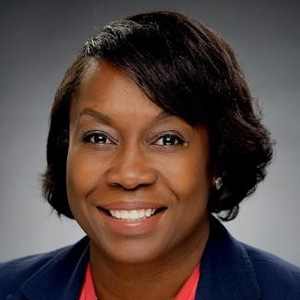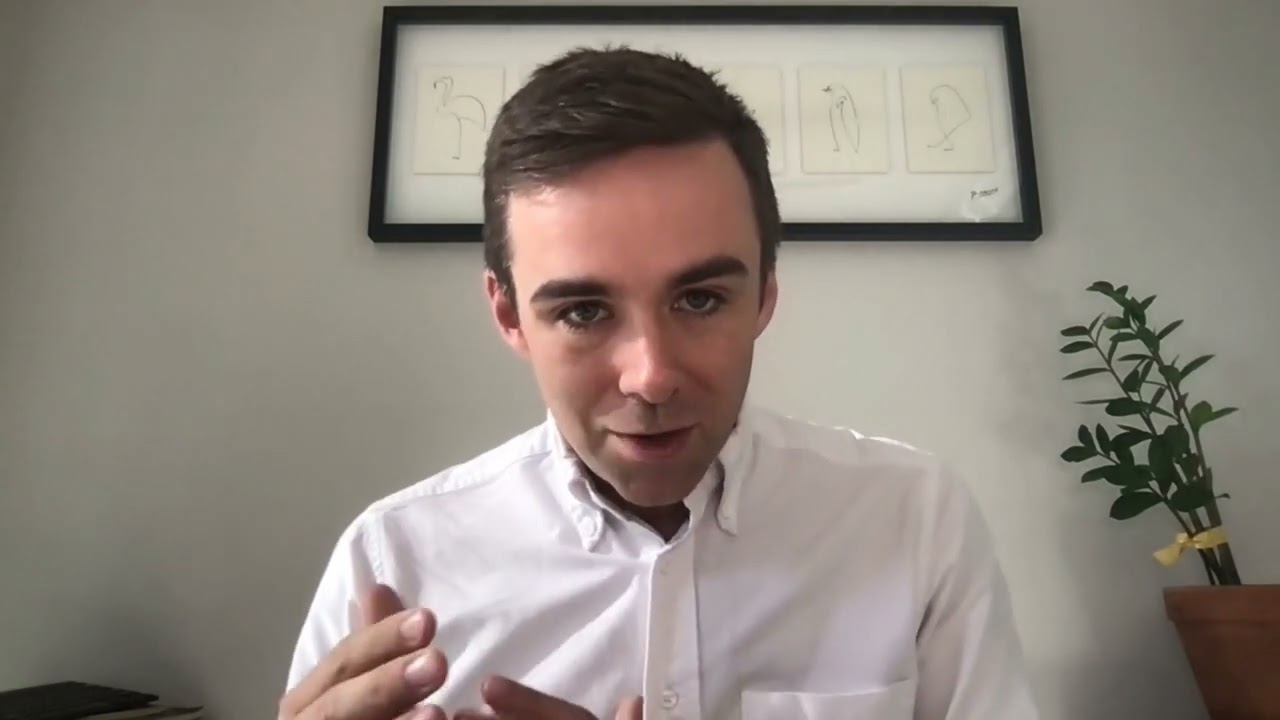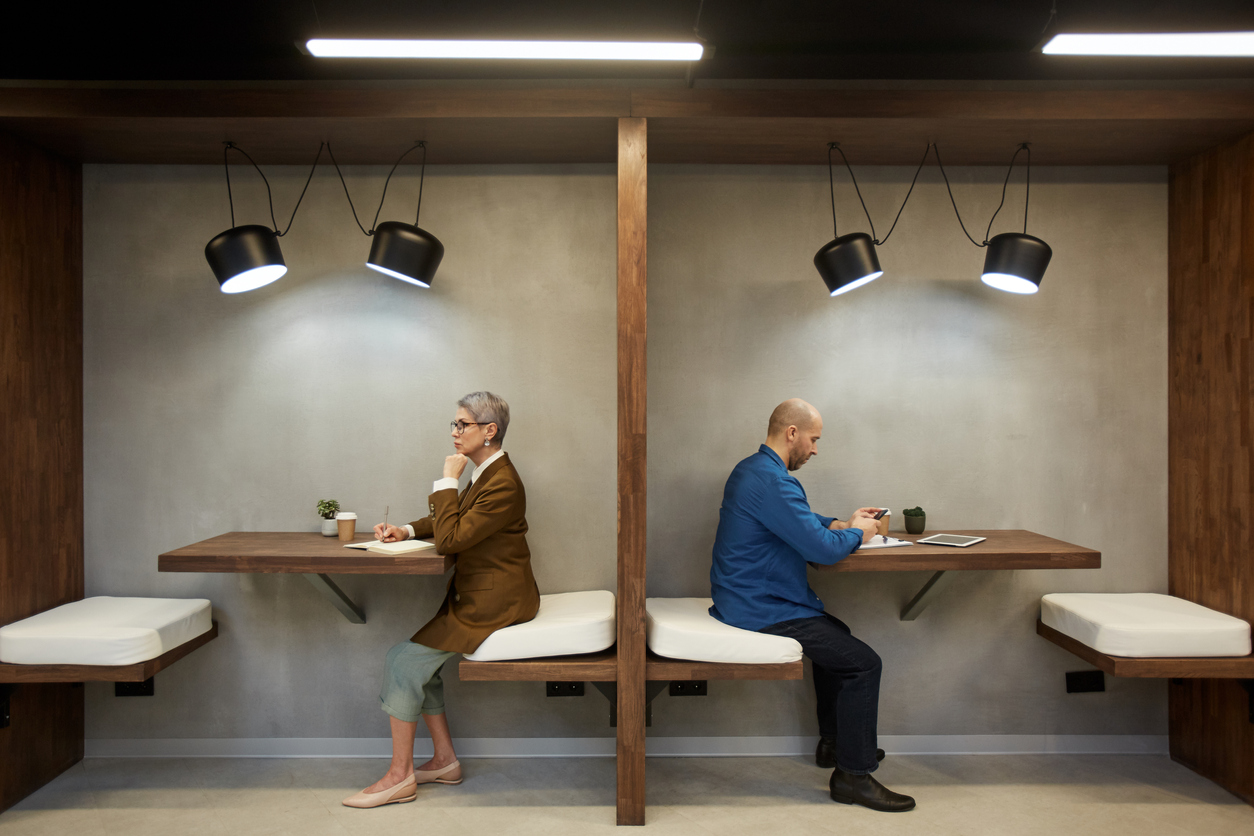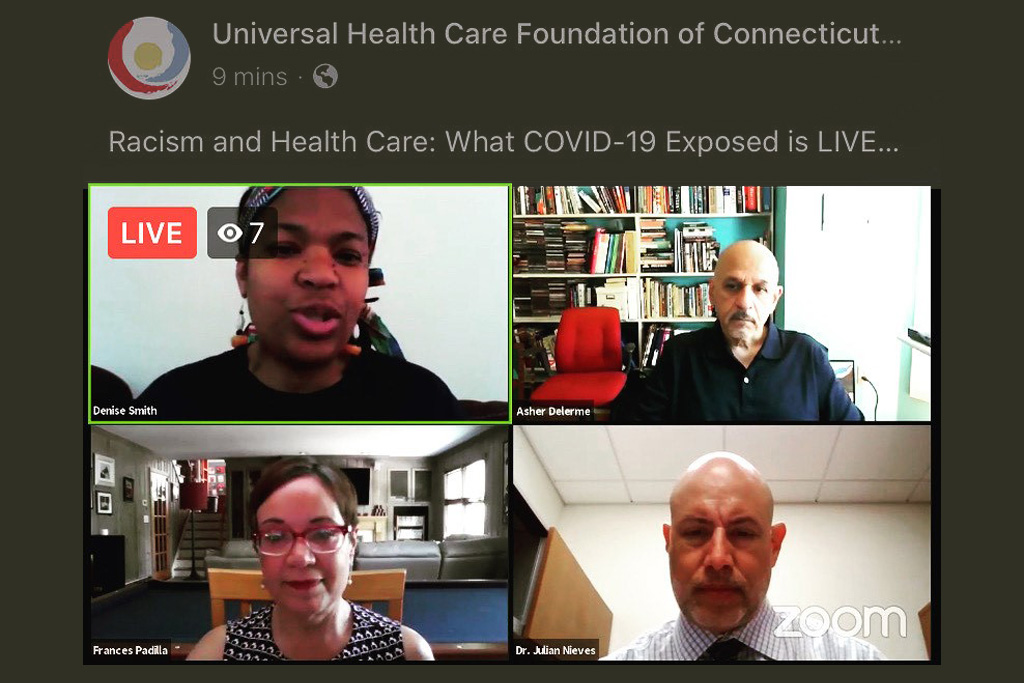The Room Where Research Happens: How I Became Part of a Group that Was Open to Research the Topic that Few Seemed Willing to Discuss
April 23, 2020
Dawn Hawkins Johnson, MSN, RN is a member of the thematic workgroup addressing low-value care among African American and Latinx populations, part of AcademyHealth’s Research Community on Low-Value Care. She has held a number of senior positions in both the private and public sector working with governments, hospitals, payers and vendors.

Do you ever think you are the only one? It’s a reality many African Americans experience as we continue to climb the corporate ladders in healthcare. We enter rooms, “lean in” to tables, and “bring our own chairs” to meetings where we are usually not members of the guest list. I’ve had my share of these moments and still find myself in rooms where I am the only African American woman in a room of triple digit attendees. It’s even more concerning when the topic is caring for, managing, resourcing or determining the needs of populations that look like me and nothing like those in power.
Most recently, I was invited to join a workgroup sponsored by AcademyHealth, the Donaghue Foundation, and the ABIM Foundation. As a healthcare executive and clinician with a background in health policy, the organizations on the invitation got my attention. I was even more intrigued when I learned the topic – low-value care experienced by African American and Latino populations. There were many reasons why I chose to participate. Perhaps my reasons were related to gaining entry. Perhaps I simply needed to believe that healthcare was ready to put time, funds and research to find quantitative evidence on what black and brown communities already knew. I traveled to the first face-to-face meeting with several ruminations and a few main questions – are the right people going to be in the room and are we going to actually have an honest conversation that informs the direction of research that will improve the health of African American and Latino people?
Here’s what I found: I was one of two in a room of almost twenty for a conversation about African American and Latino populations. I will acknowledge the presence of colleagues representing the Latino community as well. But the number of people who represented the target group were small. However, with further introductions and conversations I found diversity of thought, expression, background and education, discipline, race and ethnicity, populations under care, and locality were represented in the room. With established ground rules of respect and transparency, I was set to test how well this workgroup would handle the truth. The large and small group discussions identified non-healthcare race related issues tied to painful acknowledgements that as a nation we are still struggling to place appropriate value on black and brown lives inside and outside of healthcare. We unearthed and raised awareness of social and structural determinants impacting trust, access, education and quality care. We identified gaps in research, gaps in the communities’ opportunity, issues with power dynamics, the mounting level of mistrust in the healthcare delivery system and the overall de-valuing of the general welfare of black and brown people. We agreed that our workgroup output would not continue to support the perpetuation of negative narratives for these communities. We needed to change the message. Low value care is unacceptable. Our unanimous decision was to make sure research supports preventing the delivery of low value care for African American and Latino populations. We would be part of the impetus of shaping research to individuate and provide identity for those whose experience is not often reflected in research.
In the weeks that have followed, I have reached back to the workgroup. Not as another test, but because I left with respect for a group placed together to acknowledge their own conscious and unconscious biases or lack of understanding and their ability to cohesively move forward. In my opinion, we are becoming more than an ad hoc workgroup formed to write a commentary on this subject with the goal of being published in a respected healthcare journal. We have become a group tied by our willingness to accept our responsibility. We shared research articles, information and resources that we normally would struggle to find, all in support of trying to bring awareness to the impact of disparities, health equity, and bias in policy, care and treatment. What I found was a group that was ready to acknowledge the failure to treat an important segment of our society and, in turn, a large portion of our future. Research, facts, and quantitative data are the things that move policymakers, funders, payers and innovators, so accessible information is part of our goal.
This is the room I needed to be in. This is the opportunity that I have to shape, share and inform research so when someone searches to find the nearest health system that provides quantitatively based high value care to black and brown communities, the result will be the nearest hospital. I will continue to pull up to this table and lean in.
Back Issues

Developing a Research Agenda on High-Value, Equitable Care: The Power of Being Practical, Inclusive, and Innovative













